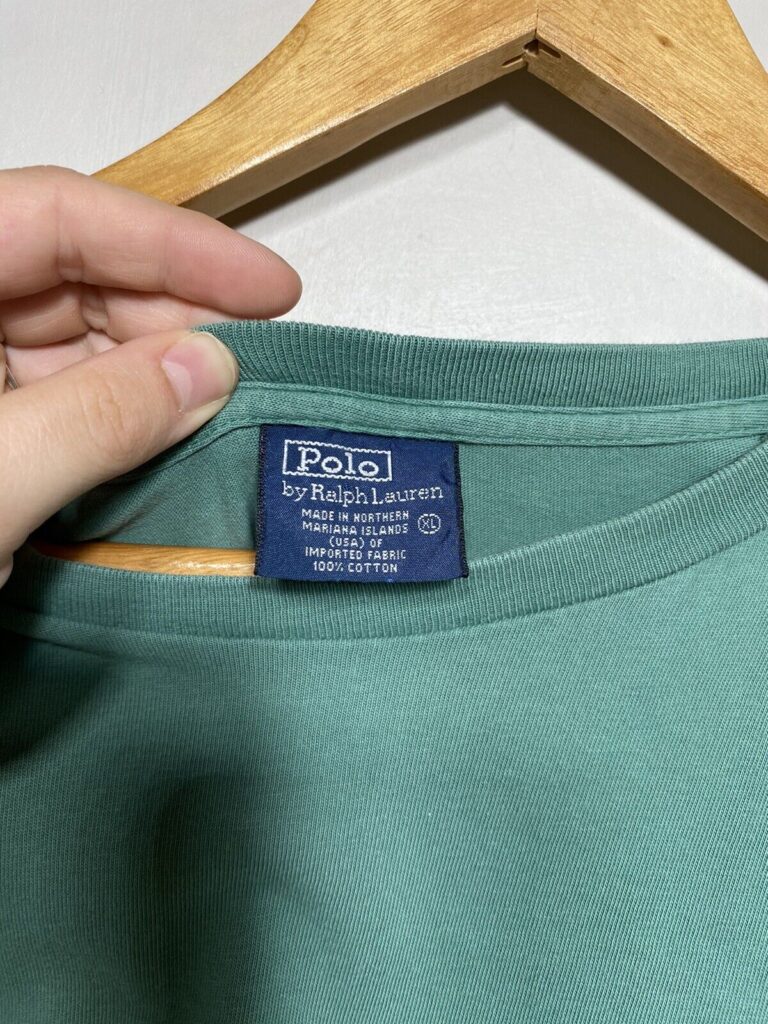IT was in 1986 when the Reagan administration expressed concern over “the tremendous growth in alien labor” in the CNMI which the White House found “extremely disturbing.” We’re talking about a few thousand of legal foreign workers in a remote U.S. territory with a small population — at a time when the same U.S. administration was supporting legislation providing amnesty to millions of “illegal aliens” in the states.
To explain this apparent inconsistency, we need to remind ourselves that Saipan’s first garment factory opened in 1983, and that three years later, the garment industry on the U.S. mainland was already extremely unhappy with the island. Among the U.S. garment industry’s powerful friends on Capitol Hill was a very influential Republican lawmaker, Senate President Pro Tempore Strom Thurmond, who represented South Carolina, the nation’s garment “powerhouse.”
In Oct. 1986, one of Variety’s competitors, Marianas Review, noted in its editorial that Thurmond had sent a letter to President Reagan’s Labor secretary, criticizing the Saipan garment industry. “Copies of Thurmond’s letter were undoubtedly sent to all of the papers in his home state, and just in time for the November election. What a coincidence.” Thurmond complained, among other things, that the CNMI ranked sixth in exports of knit shirts and blouses to the U.S.
Six years later, during a U.S. House subcommittee hearing, a U.S. Democratic congressman from Virginia, Lewis Payne, was more forthcoming. He said a textile manufacturer in his state had contacted him about Saipan’s “Made in USA” garments. “As a member of the Congressional Textile Caucus, I have consistently worked for American jobs in the U.S. textile, apparel and fiber industries, and I must say that this has not been an easy task. According to the U.S. Department of Commerce, in eight of the last nine months textile imports have reached an all-time high, and this translates into more American jobs being lost overseas. From 1980 to 1991, estimated total job loss in these industries was 420,000 nationwide. In Virginia alone more than 13,500 jobs have been lost. There are approximately 85,000 Virginians now employed in the textile and apparel and fiber industries, and the majority of these workers live in my congressional district. The economies of communities and individual families relying on good-paying jobs cannot and should not withstand another pink slip day. As domestic industries face these bleak statistics, it is troublesome to see and read about the booming garment industry on Saipan. According to the Major Shippers Report released by the Commerce Department, apparel and textile shipments from Saipan to the United States were valued at $43 million in 1986. Five years later, in 1991, the value soared to $253 million, an increase of more than six times.”
In 1986, however, not all garment factories on Saipan were thriving. One of Marianas Review’s front-page stories featured “workers at the MGM factory in Chalan Piao” who, “in what looked more like a parade than a demonstration…, marched to the Labor division…because of a pay dispute.” The workers were from Thailand, and their “carefully and colorfully worded placards read: We love Saipan; Never forget Saipan forever; Smile, Friendly and humbly, Goodbye; Thank you for everything, very beautiful place.”
The workers were “non-English-speaking [and] mostly in their early 20’s and 30’s.” According to their local attorney, his clients wanted to collect their unpaid salaries before returning to Thailand. He said they were being sent home because the company could no longer pay their salaries. The garment factory lawyer, for his part, said his client could no longer afford the workers, citing “a big overhead,” and the workers’ “very much below par” performance.
The factory and the workers’ lawyer later issued a joint media release stating that the company “has to go out of business after suffering six months of heavy financial losses. In going out of business, [the factory] regrettably must send all of its employees back to Thailand. Last Monday these employees were given a notice of termination and told that they would be paid in full as well as given 30 days’ severance pay. Partly because of language difficulties a misunderstanding developed. This misunderstanding has been resolved and all…employees have agreed to go home to Thailand either tonight or on the next available flight next week. The employees wish to express publicly that they feel [that the factory] is a fine and honorable company who has at all times treated its employees with dignity, honesty and fairness….”
In an editorial, Marianas Review pointed out that in the CNMI, “even workers who know very little English are able to find attorneys if they have a grievance. The local factories are quite aware of U.S. labor requirements because of a recent District Court decision. Compliance with the law is being handled by the courts, as it should be.”
But unlike the states with garment factories, the CNMI had no clout in the U.S. Congress, and so, as the Marianas Review editor had astutely observed, it was “being criticized for not following Congress’s example…i.e., solving the problem by making aliens residents.”
Send feedback to editor@mvariety.com












